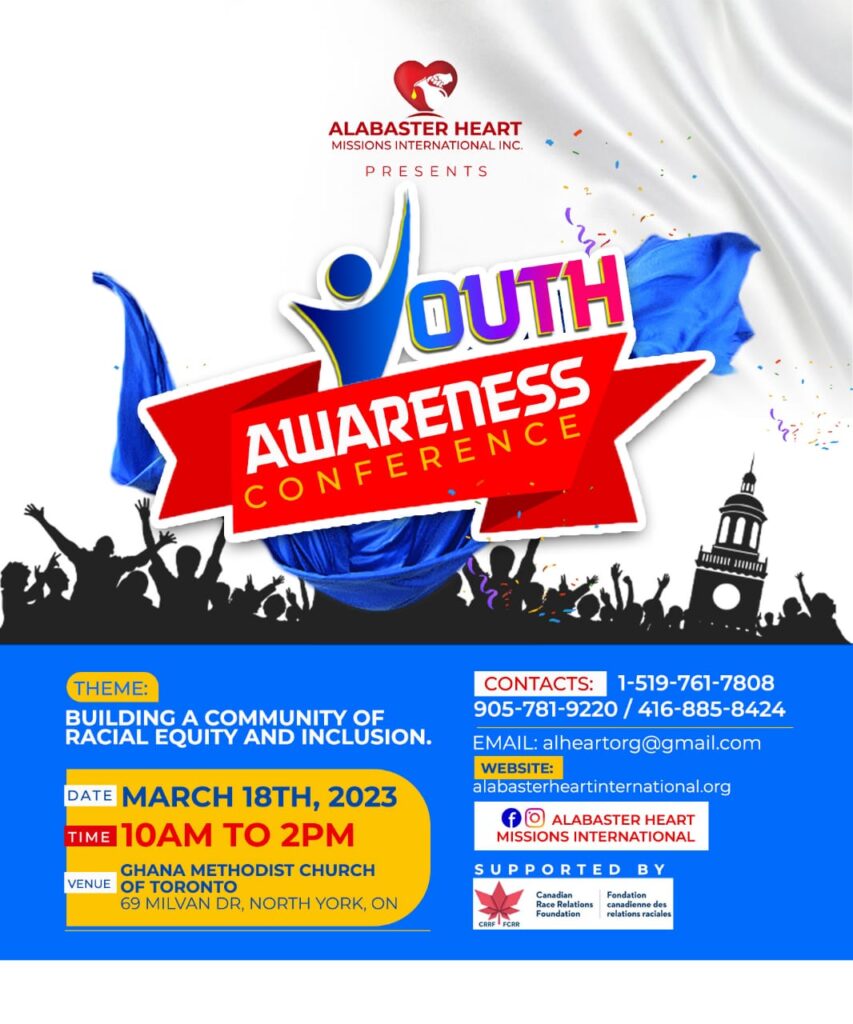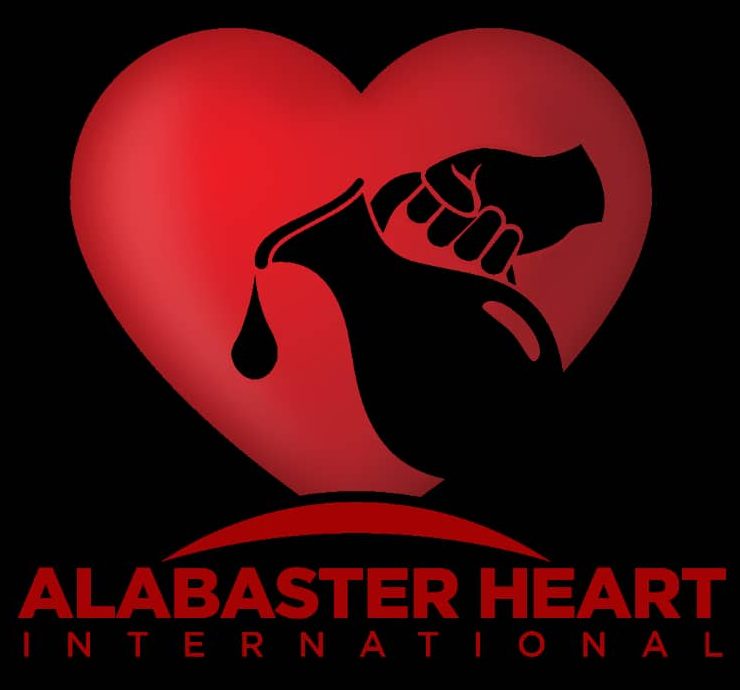Home
-
Play the Popular Pokies Games
Do ATMs in Pokies Not Allow Credit Withdrawal?
Free Online Pokies with Free Spins (No Download)
Best Blackjack in Australia
Free Australia Roulette Wheel Spins
Australia Casino No Deposit Bonus Codes
Tips for Casino Pokies
What Is the Best Casino Pokies Joining Bonus for Players in Australia?
What Are the Best Online Casinos for Playing Afternoon Tea Party Pokies in Australia?
Pokies Australia Big Wins
YOUTH AWARENESS

According to a survey conducted in Toronto; in November 2021 by the Canadian Race Relations. The results show that discrimination and mistreatment because of one’s race is a common experience, with at least one in five Canadians reporting being a victim. The report indicates that the percentage of people who feel discriminated against stands at Blacks (57%) or First Nationals (45%), South Asian (48%), Chinese (40%), and East or Southeast Asian (40%). Metis (36%) or those with other racial identities other than those listed add up to (35%). It should, however be noted that the rates have increased considerably following the Covid pandemic, which also triggered more racism target on Asians. Against this background, we realize that without addressing racism, communities cannot move from dialogue to a place of innovative policymaking and constructive change toward racial equity. Racism remains one of the forces that fuels other forms of oppression, such as sexism, homophobia, ethnocentrism and classism.
To address the problems highlighted above, AHMI is focus on helping individuals and communities understand and be equipped with tools to address the multiple forms of racism, how they connect to each other and the differential effects.
Our Mission
To improve the health and well- being of individuals who are vulnerable by showing compassion, empathy and care; supporting and inspiring them to lead meaningful lives

Vision
Driven by passion to improve the quality of social responsibility and values, Alabaster envisions a society where the safety and security of vulnerable individuals are cared for.
Name of Activities
- Love in Action
- Crowdfunding
- Peniel Hour
Objectives
1. To advocate and propagate the concerns of vulnerable individuals, ensuring that they are not marginalized, isolated, unprotected, and/or unrecognized within the society
2. To provide community-based humanitarian services and support to all vulnerable individuals
3. To initiate and implement effective intervention programmes that seek to end all forms of abuse and exploitation.
4. To continually encourage vulnerable individuals or less privileged families in our society through prayer activity.
5. To relieve poverty by providing food, clothing and other necessities of life to individuals or families who are poor, of low income or in need, including the homeless and those living in children’s shelters, abused women’s centres, and prisons.
6. To advance education by providing publicly available scholarships, bursaries, and other forms of financial assistance to students in need to be used for secondary or post-secondary education.
7. To promote health by providing financial support to cover medical expenses for individuals or families in need, as well as providing them with access to related counseling, information, or group support programs.
